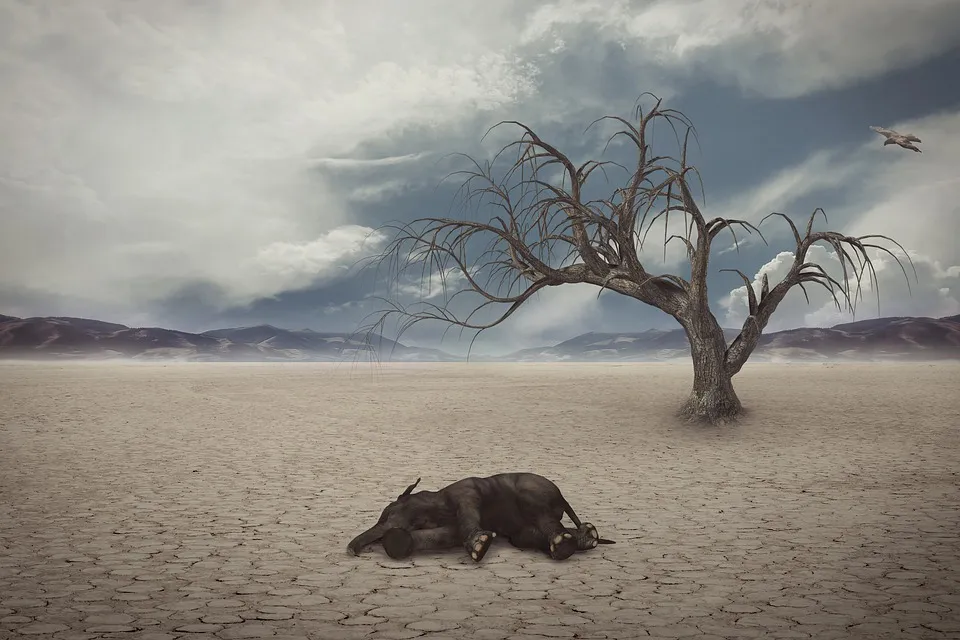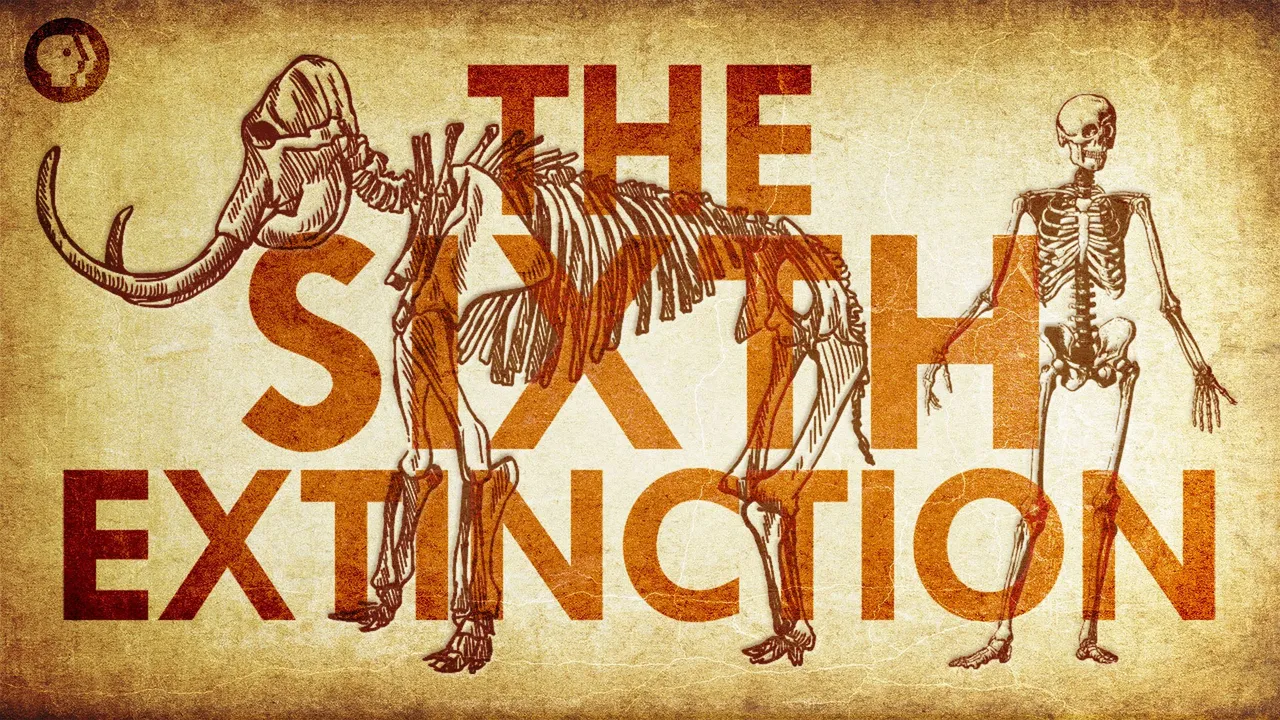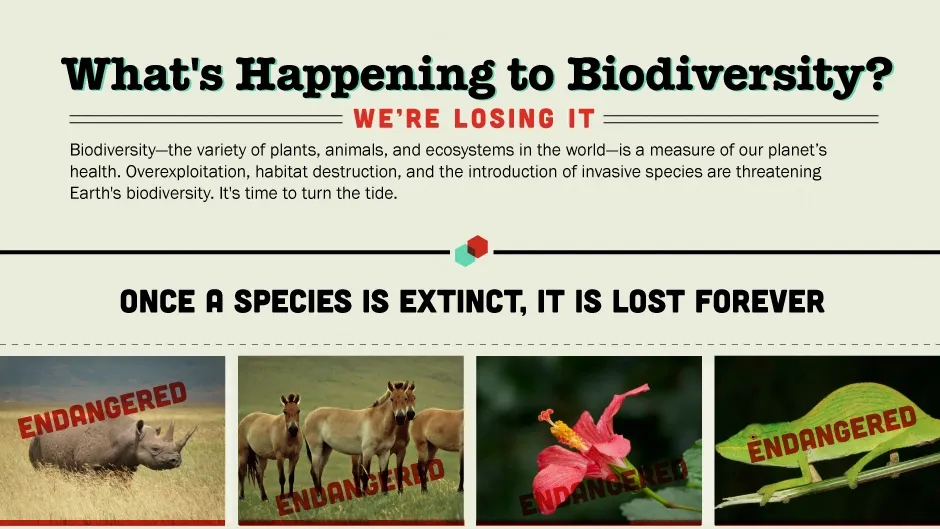Extinction here, Extinction there, Extinction everywhere!
Before we talk about what's happening to biodiveristy, it will be great if you learned about what biodiversity is, the importance of biodiversity and the drivers of biodiversity loss. @biodiversity has put together knowledge about these issues.
What is causing biodiversity loss? @biodiversity/drivers-of-biodiversity-loss-the-earths-biodiversity-is-in-grave-danger--1535996837
What are the consequences of biodiversity loss? @biodiversity/the-loss-of-biodiversity-will-be-the-downfall-of-mankind-consequences-of-biodiversity-loss
Learn about Biodiversity and the importance of biodiversity: @biodiversity/what-is-biodiversity-and-why-is-biodiversity-important
Extinction

Extinction is the loss of a species and extinction is a process which will occur naturally. This occurs when all individuals of a species are dead and have not even one descendant left. However, human activities have rapidly increased the rate at which species are being extinct. Experts have reported that the rate of species extinction stands between 1000 and 10000 times higher than the expected natural extinction rates. About 869 species have been forced to extinction in the last 500 years due to human activities and we are currently driving the Sixth Mass extinction.

Image Source
Causes of extinction
The major drivers to extinction are land use change (including habitat destruction and fragmentation), global warming, invasive species, pollution and overexploitation. Habitat loss and destruction alone affects close to 91% of threatened plant species, 89% of threatened birds and 83% of mammals. Close to 16,928 species are threatened and risk extinction. Of this number some of the species topping the list are Polar Bear, freshwater fish, the Cross River Gorilla, Chimpanzees, Elephants, Sharks, Dolphins, Pangolin etc.
Consequences
Devastating ecological consequences will occurs as a result of extinction of certain species such as the large predators and pollinators. For example one-third of human diet in the tropics is derived from insect-pollinated plants and majority or if not all flowering plants are pollinated by animals. Extinction of pollinators will affect plants in many ways that include reduction and loss of seed set, lack of pollinators will affect pollination and hence affect the plants reproduction which result in the production of less vigorous off-springs. This will go along to affect the stability of food crop yields.
Extinction of species will have catastrophic impact on the ecological process of coextinction (hosts and parasites). For example, a reduction in the abundance of herbivorous mammals by poachers will in turn alter seed dispersal, seed predation and seedling recruitment for forest species.
These are just a few consequences of extinction and we will be glad if you shared your personal stories on how species extinction is affecting you.
Follow @biodiversity to learn more about biodiversity and ask any questions about biodiversity.


The Greens' Blogs
The Greens is a member of:






